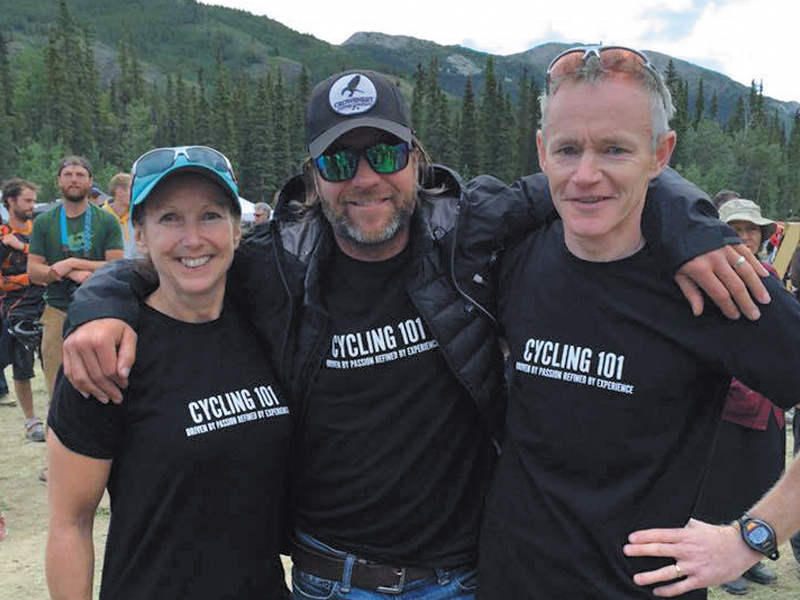Stop watches, clipboards, video cameras, pylons, weight vests, they are all tools of the trade if you’re a coach in many different sports and they have been for years. For decades, those tools, coupled with the knowledge and experience base of a mentor, were all an athlete needed to be successful in their sport of choice.
I started coaching fellow athletes in about 2001 and have continued to do so ever since. It has been an interesting journey and I must admit I have learned so much and evolved my personal coaching philosophies more then a few times along the way.
More recently, technology is playing a greater role in the lives of athletes and fitness enthusiasts of all levels. It is even causing some coaches to re-think the fundamentals of the athlete-coach relationship. Fitness trackers, heart rate monitors, HRV collection, power meters on bikes, GPS data capture, real-time lactic acid sensors, hydration monitors, and even virtual coaches that talk to you via ear buds have blurred the lines of those relationships. Are coaches being slowly replaced by technology and artificial intelligence, or does a coach bring something technology cannot?
Recently I found myself asking: what are the fundamentals that a modern-day coach provides anyway?
Most importantly, trust and accountability followed by affirmation, information, motivation, strategy, positive reinforcement, clarity, and shared decision-making come to mind. Those are also the key components that make a solid athlete-coach relationship.
With the introduction of every new piece of technology there is a steep learning curve for both athletes and coaches. Most technology allows for the collection of some form of big data that then needs to be qualitatively evaluated and interpreted. Coaches can then look for its relevancy to the athlete and their end goals. A very complex process that is constantly evolving that requires analysis that is best executed by a coach.
Athlete dependency on technology also needs to be harnessed by coaches so that individuals don’t become obsessed with numbers and leave behind their voice of reason and common sense. This also plays into areas of psychology that good coaches are equipped to effectively handle on a day-to-day basis.
In my mind, Canmore is such an amazing hub for world-class sport and coaches – a resource that is often over looked as an exportable commodity. Coming together as coaches, young and old, can breathe new life into a very complex balancing act of science, technology, psychology, and creativity. In decades past, the world of coaching has been secretive, and methodology held under lock and key. In recent years, athlete individuality has become the focus, and with new young coaches in the hot seat of performance, more then ever coaches of all levels are striving to come together and learn from each other’s experiences.
As more and more technology is presented to athletes and injected into the market place, the role of the coach becomes even more imperative.















